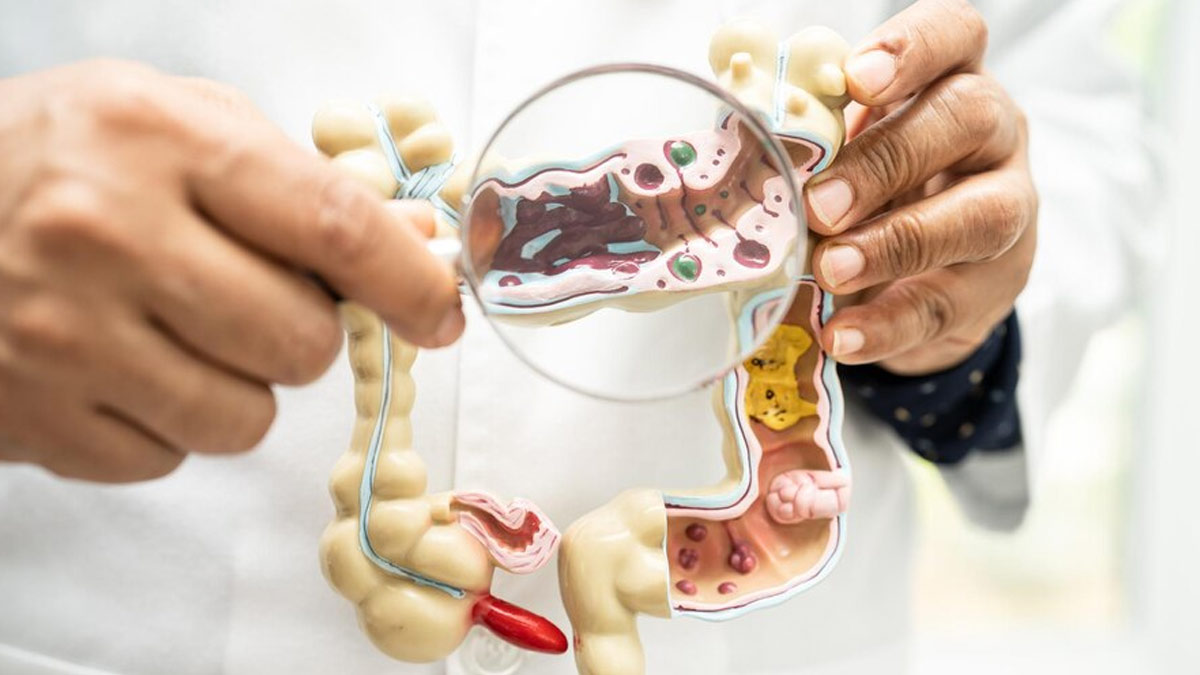
Abdominal pain, indigestion, nausea, and chest discomfort are common digestive symptoms often associated with acid reflux. However, in more severe cases, these symptoms can also indicate a more serious condition, like stomach ulcers.
Table of Content:-
Dr Manish Kak, Consultant Gastroenterologist, Manipal Hospital, Ghaziabad, describes stomach ulcers as damage to the lining of the stomach wall, known as the mucosa. Several factors can cause and contribute to the condition, which, if left untreated, can increase the risk of stomach cancer at a later stage. Moreover, lifestyle habits like alcohol consumption may worsen the condition, leading to complications. Interacting with the OnlyMyHealth team, Dr Kak shares some important insights on stomach ulcers, particularly for alcohol-drinkers.
Also Read: A Burning Stomach Pain Can Be A Sign Of Stomach Ulcer: Here Are Its Triggers
What Causes Stomach Ulcer?

Stomach ulcers take place when the mucosa or the stomach lining gets damaged. According to Dr Kak, the factors that contribute to the condition include:
H. pylori infection, which is the bacteria that stays in the stomach
Prolonged use of painkillers or Non-Steroidal Anti-Inflammatory Drugs (NSAIDs) for joint pain, backache, and other pain-related problems.
- Excessive steroid use, such as prednisolone
- Certain lifestyle habits can also cause or lead to stomach ulcers. These include
- Eating fatty, spicy foods
- Having caffeinated drinks, soda, and sugary beverages
- Drinking too much alcohol
- Smoking
- Excessive stress
Drinking Alcohol Can Worsen Existing Stomach Ulcers

According to the United Kingdom’s National Health Service (NHS), the evidence that alcohol consumption may cause stomach ulcers is weak; however, the lifestyle habit can worsen an already existing stomach ulcer, the healthy body notes.
Dr Kak agrees and says that excessive and long-term alcohol consumption can worsen existing ulcer symptoms, which include pain in the upper abdomen, a burning sensation in the stomach, bloating, indigestion, and a feeling of fullness.
“If you continue to drink, ulcers are likely to increase, persist, and might dig deeper into the stomach wall, causing pain and burning in the abdomen or in the epigastric upper part of the abdomen region,” she adds.
In severe cases, people may also experience gastrointestinal or GI bleeding, wherein a person can have blood in their vomit or can pass black or dark stools. The ulcers can further damage the stomach wall and lead to a condition called perforation, in which the stomach bursts and may create a hole in the stomach.
Research also suggests that alcohol intake may increase the risk of ulcer recurrence in people who have had effective treatment for peptic ulcer disease.
Expert Advice On Limiting Alcohol Consumption

The key is to avoid or stop alcohol completely, says Dr Kak, emphasising the need to consult a doctor or gastro-physician.
It is crucial to undergo an endoscopy to see the presence of the ulcer and to understand the level of treatment that is needed. In addition, avoid spicy and oily foods and avoid heavy meals, painkillers, and steroids, the doctor advises.
To stop or quit alcohol, it is crucial to have good willpower, and one must make the difficult choice of avoiding friends and family who encourage people to drink.
Once you quit, the real challenge begins, and you may have to fight withdrawal symptoms. This is when you can seek a physician's or a psychiatrist's support. Moreover, put your mind into other recreational activities, entertainment, learning, and hobbies to distract yourself. Exercise, yoga, and meditation can also help in avoiding alcohol consumption.
Also watch this video
How we keep this article up to date:
We work with experts and keep a close eye on the latest in health and wellness. Whenever there is a new research or helpful information, we update our articles with accurate and useful advice.
Current Version